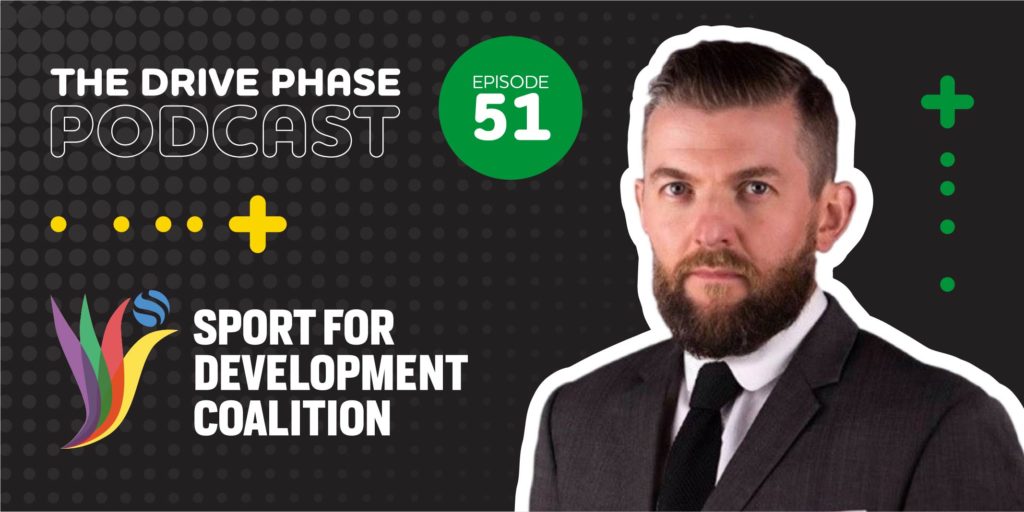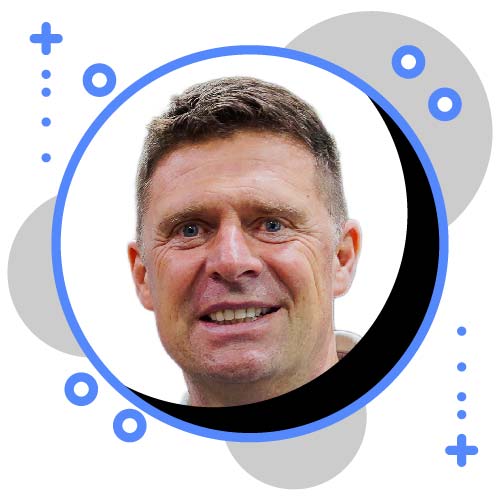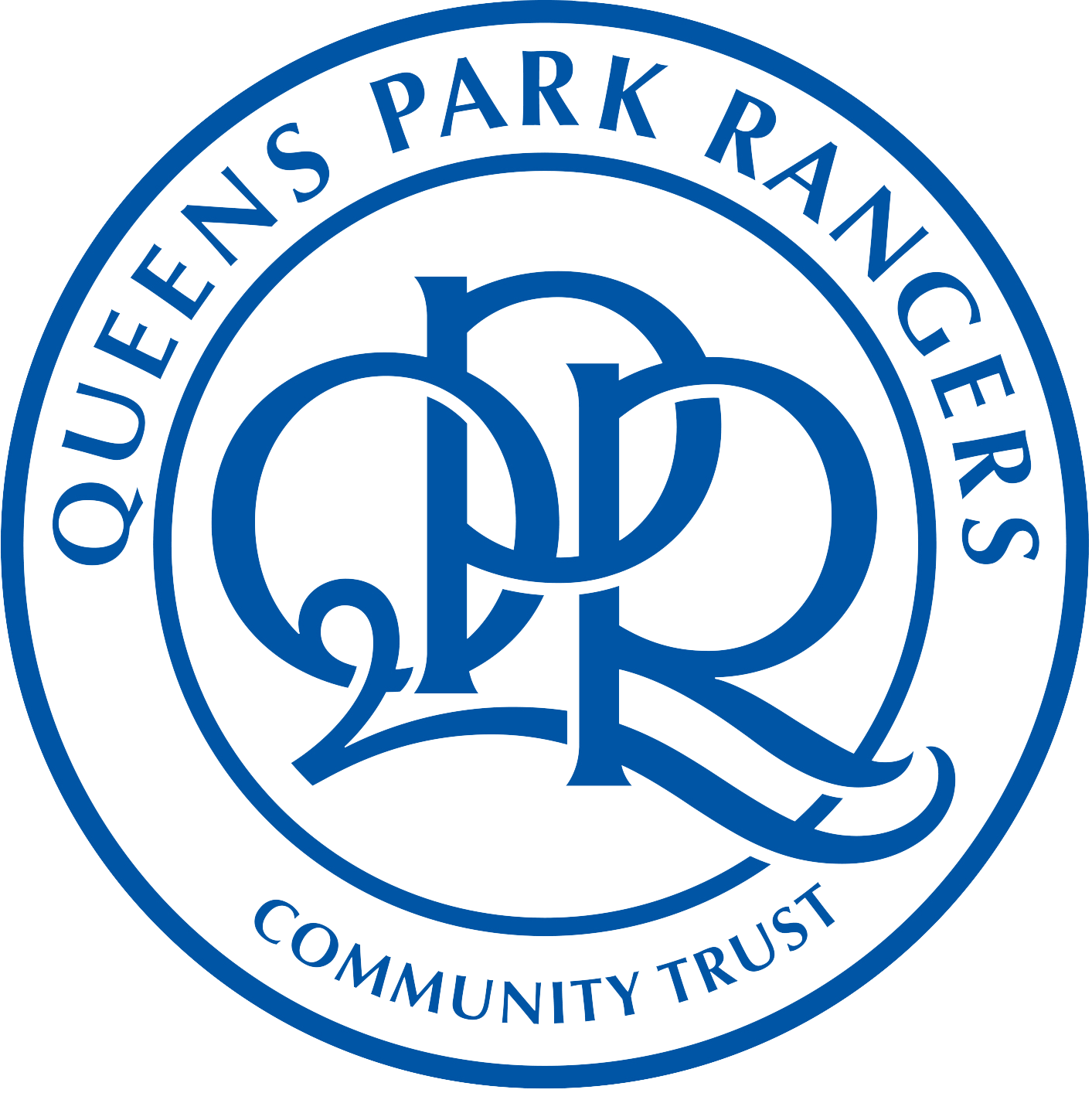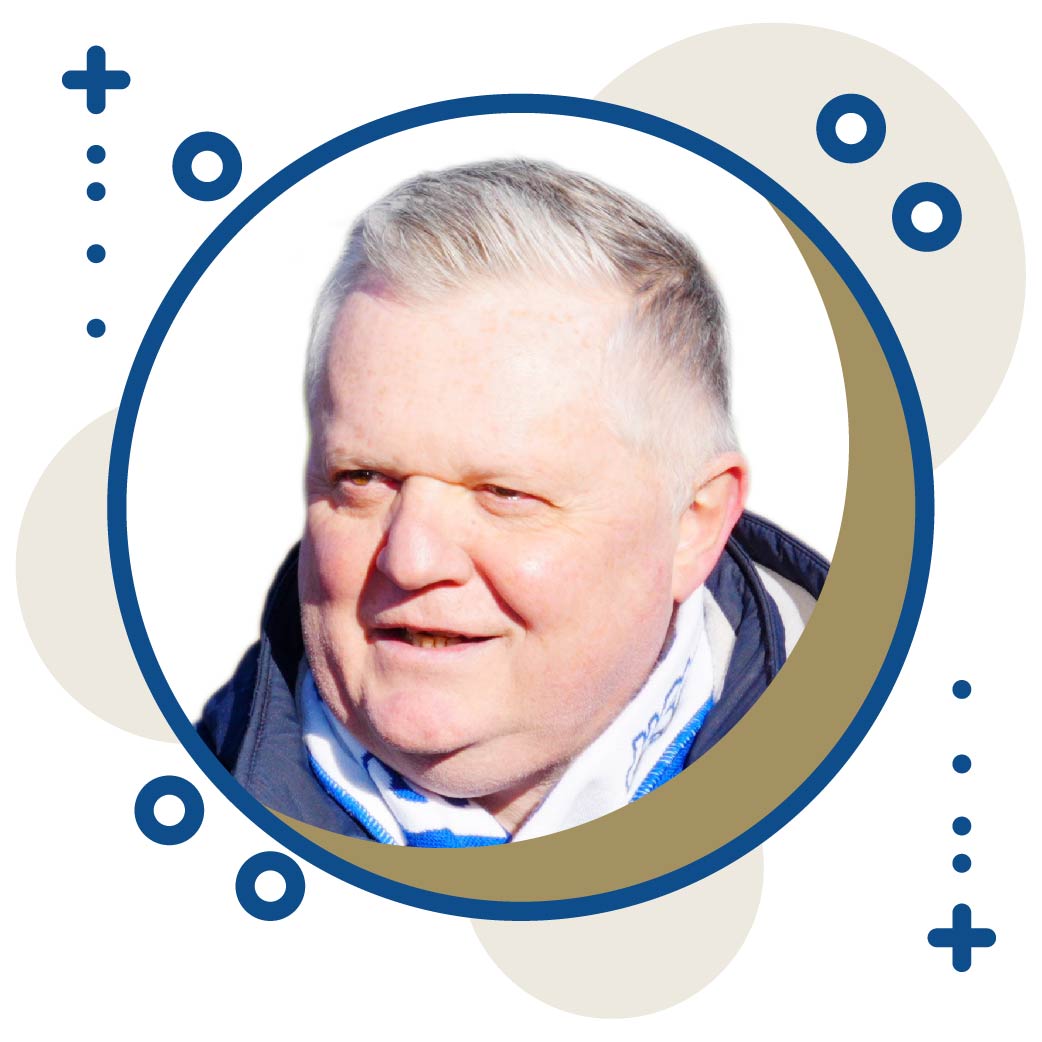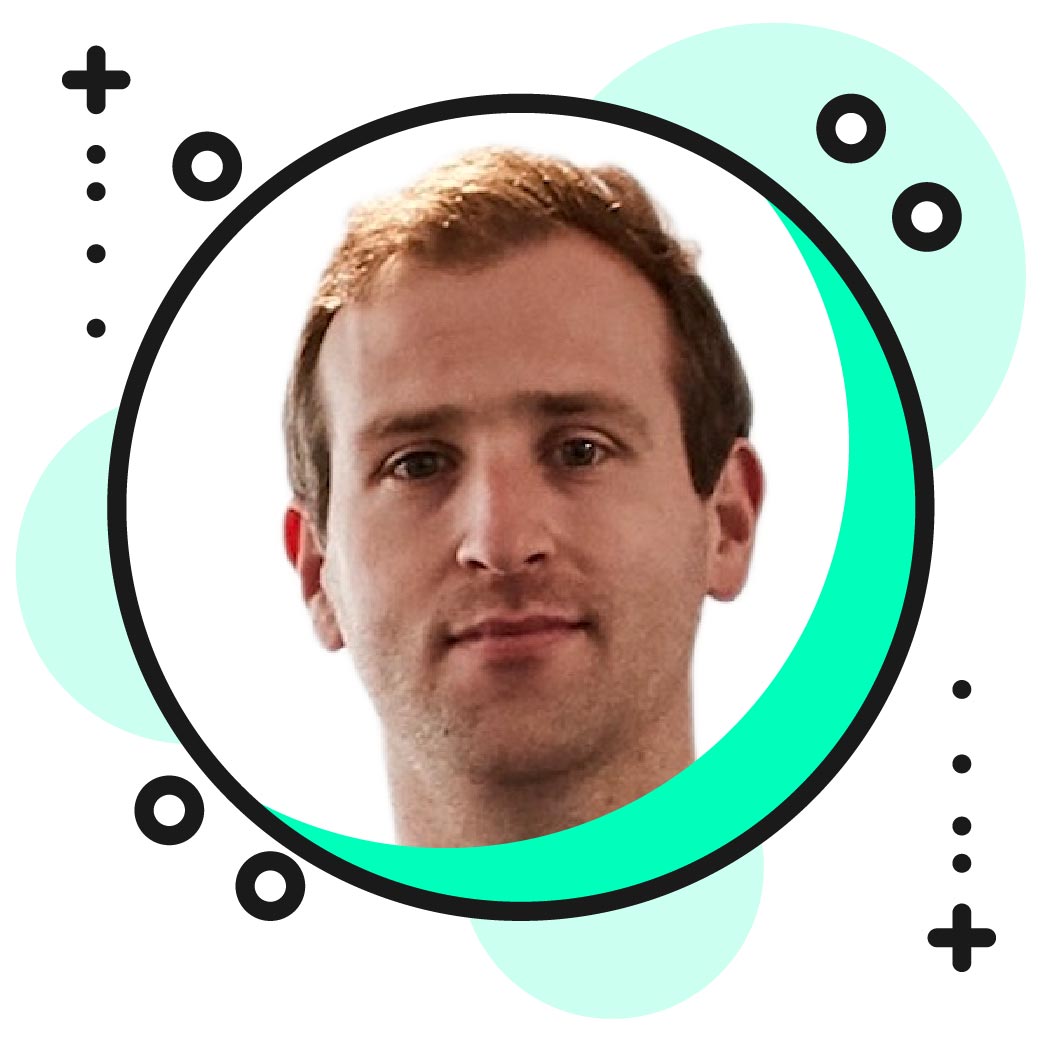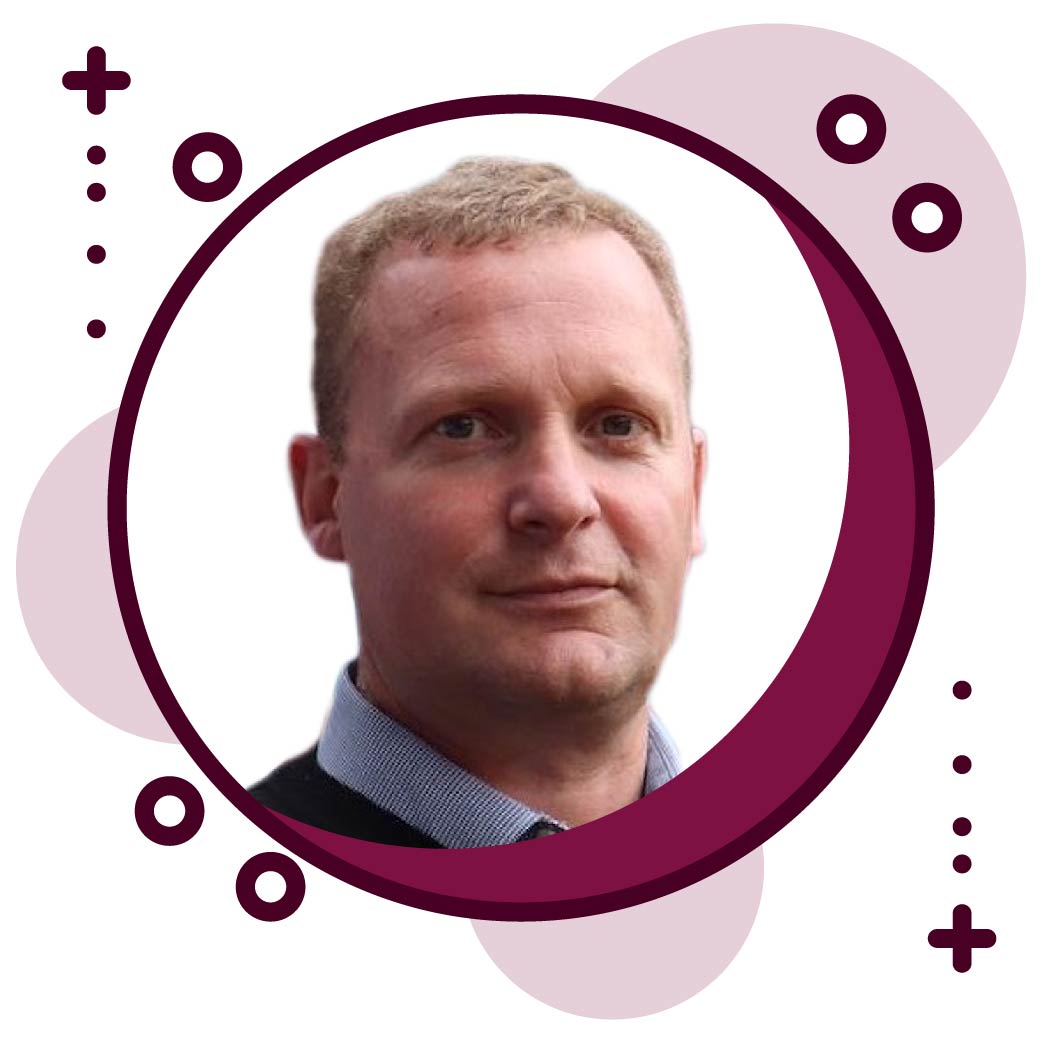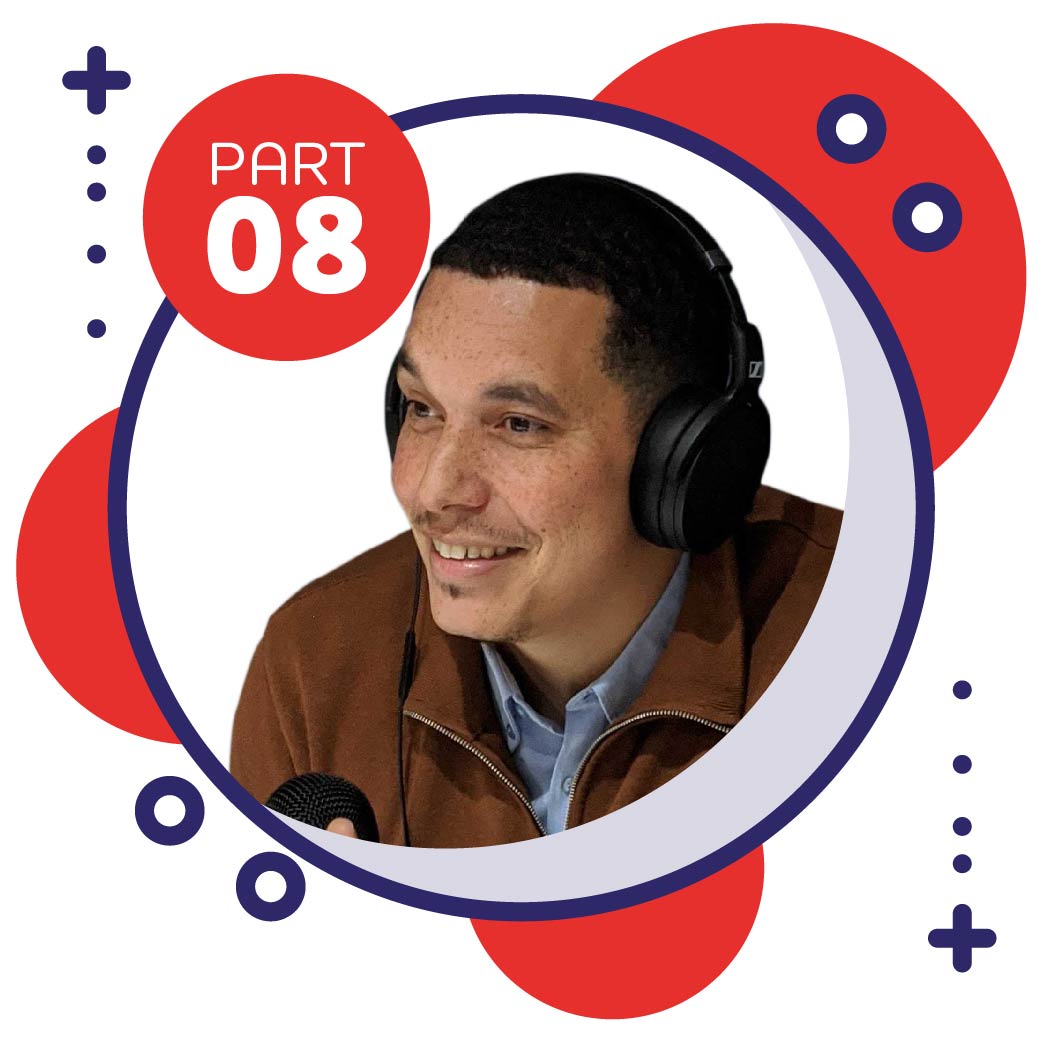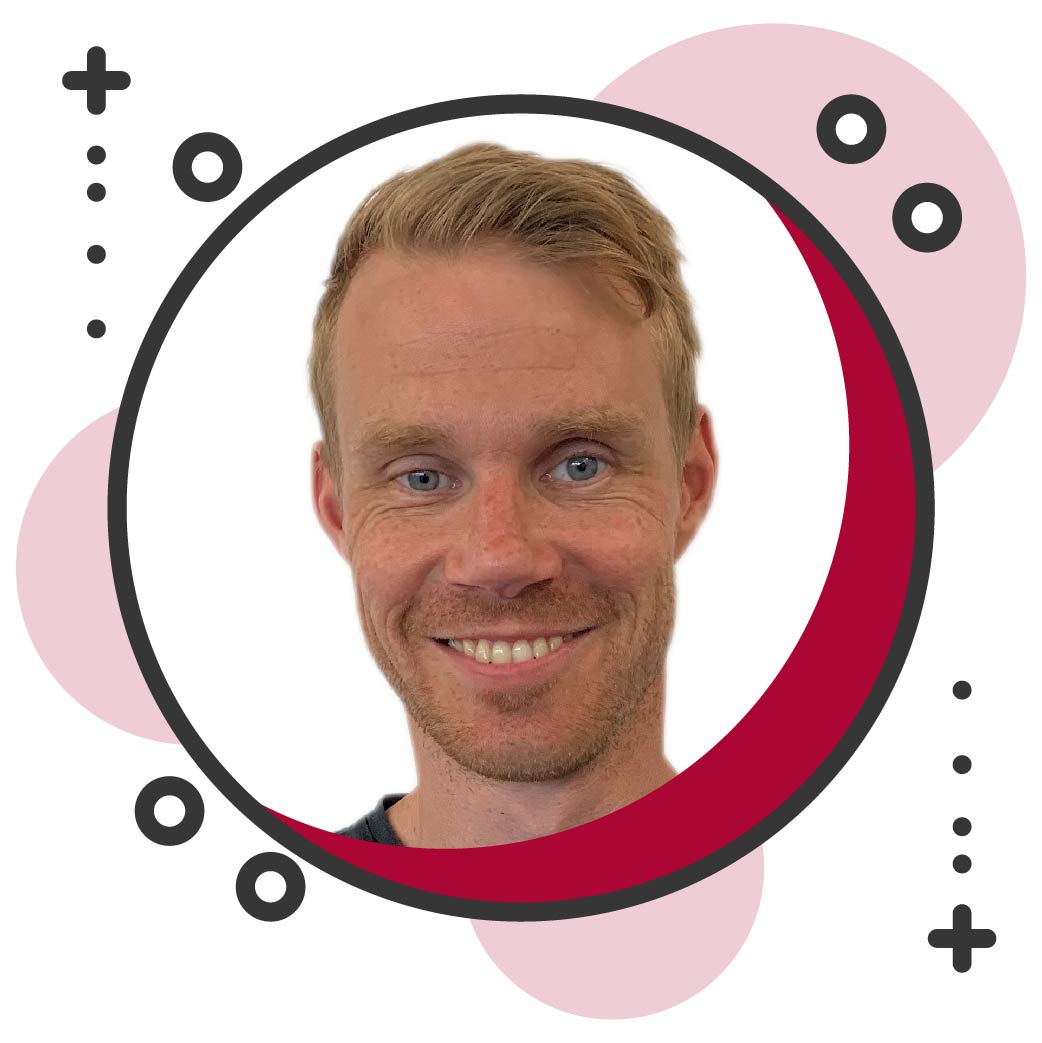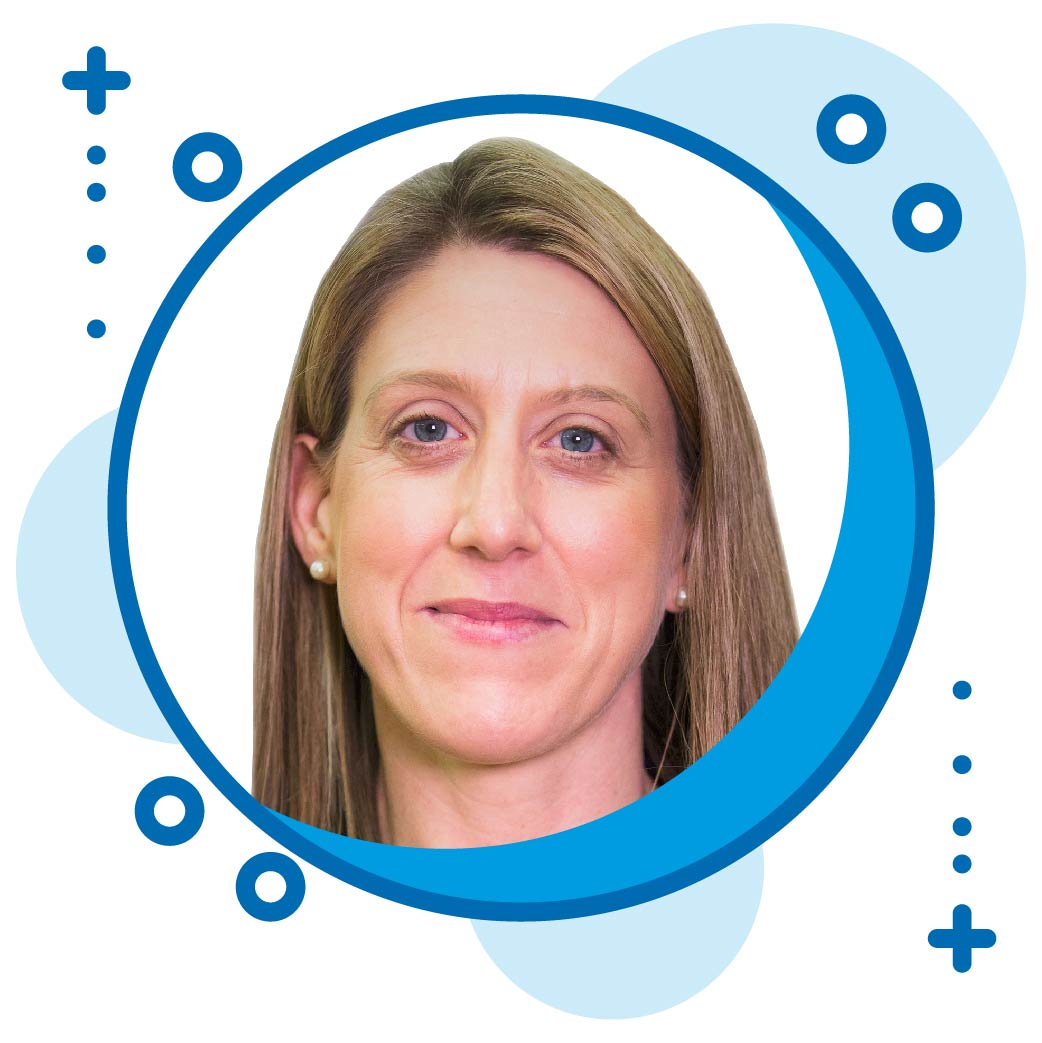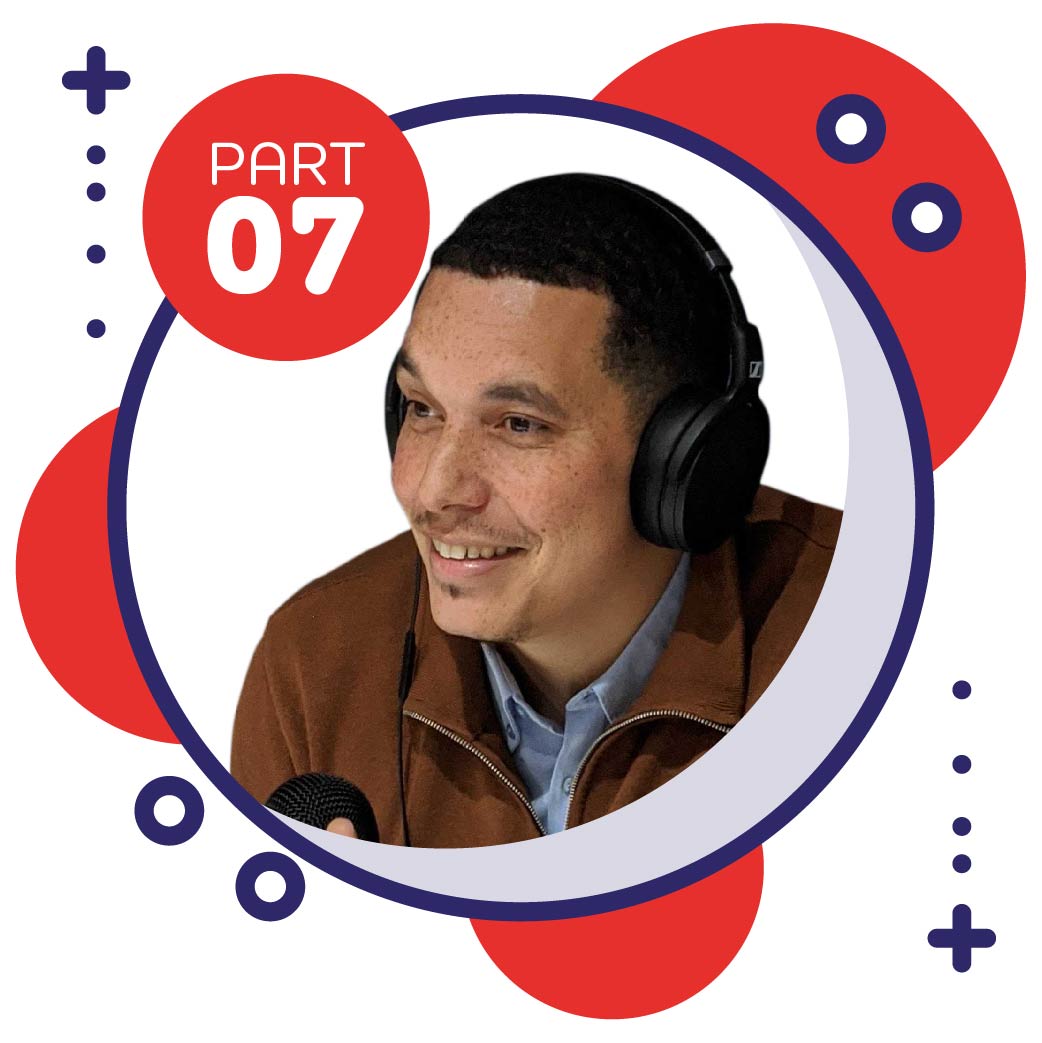James Moore 0:02
From Coordinate Sport, it’s the Drive Phase, a show about sports founders, leaders and experts, and the stories behind their business journeys. Our guest on the show this week is Ollie Dudfield. Ollie has represented social impact and international development in sport for more than 15 years. He has established himself in the policy development and strategy space, leading The Commonwealth Secretariat on Sport for Development and Peace. As the Executive Director for the Sport for Development Coalition, Ollie is looking to expand the outcomes of social impact in sport and grow the coalition to up to 400 members. Enjoy the show!
Okay, so I’m delighted to be joined by Ollie Dudfield today. He’s the Executive Director for the Sport for Development Coalition, and they’re looking to expand the outcomes of social impact in sport and grow that coalition to over 400 members. Welcome to the show Ollie.
Ollie Dudfield 1:01
Hi James, thanks for having us today.
James Moore 1:02
I’m really looking forward to diving in. We usually start with childhood, but I was interested in where you were born. So it’s called Ipswich, but it’s not the Ipswich that most of us would know in the UK?
Ollie Dudfield 1:14
No, not the Ipswich in Suffolk, actually it was the Ipswich in Australia, which is where I spent most of my time growing up.
James Moore 1:21
And looking back, how would you describe your childhood?
Ollie Dudfield 1:26
Active in some ways. During my childhood, involvement in sport and the community surrounding it was very important. It allowed us to engage with others and was part of our identities. So that might help explain how I’ve got to the place I have, the things I’ve done.
James Moore 1:55
Everyone thinks about Australia and the culture of sport over there. The weather probably plays a big part in that. How was your school life? It’s always interesting hearing about that because many of our listeners run businesses that impact children’s lives from a physical activity standpoint. Did you have an active family life?
Ollie Dudfield 2:18
To an extent, there’s certainly a component where the expectation was that you got involved in sport. There were elements around helping people in the community and people within the school environment to have a certain identity. So there was that aspect and also a culture that sport was a good thing to do, or that was my perception. It was something that interested most people. As you get older and reflect on that, you get a sense that sport was probably for only one part of the community. Only specific groups of young people for who sport and the way sports was structured works. And I think it’s easy to lose sight of that. If I reflect on when I was younger, you had that sense that everyone wanted to be involved with sport. It gave you a good sense of identity amongst your peers and a way to connect with peers. But you can reflect now and say, well, that’s because as I said, if you were involved in sport, there were plenty who I’m sure didn’t have such a good experience, who were probably outside of some of the organisations that I was lucky enough to be involved with.
James Moore 3:41
Was it more of a competitive culture than we might have here then, or that might not be as healthy as it should be? So you’re describing that pecking order. But if you’re good at sport, then it increases your status in school, etc.
Ollie Dudfield 3:56
Yeah, and I think that is where that competitive culture comes from. That’s probably a good way to describe it. Now, that’s not everyone’s experience. This was a number of years ago, of course, but there was more of an orientation towards achievement, being a successful athlete or involved in successful teams, some of the wider benefits that can come from being physically active and being involved in community sport initiatives be they health, being able to be designed in a certain way to ensure they are more inclusive or actually connect people in different parts of the community or backgrounds. And it’s also that element there’s almost a value to sport without having to design it or having to be very strategic to ensure that value is delivered for more people. And that was probably the understanding that I reflect on as you progress. As you get older and look back with hindsight, we probably see there were some elements of that perception that were not the whole case if you like. And I think about how many people as a youngster would get involved in sport who were disabled or had a long term health condition, probably not many. Look at the diversity of the groups and organisations involved. And then, particularly some of the elements that we look at around gender stereotypes and attitudes could have definitely been strengthened. I think it’s important to be able to look back and reflect on that. So your question asking about being young, I think it helps to reflect back on some of those elements.
James Moore 5:46
I was going to say, so basketball was your first love in terms of sports. Is that right?
Ollie Dudfield 5:50
It’s good we’re doing this as audio-only because standing at a grand total of five foot six, not many people believe that. But yes, that was one of the sports I was involved in, then as I got a bit older, it became the main sport I played.
James Moore 6:07
Leading on from school education into your career, you managed to land a role in basketball early on. Was that in New Zealand?
Ollie Dudfield 6:15
Well, in Australia and New Zealand. So at first, my career was more on the talent development of the elite within the national systems in both Australia and then into New Zealand.
James Moore 6:29
So, initially, was that your focus? Rather than get into sport, you wanted to be part of the coaching setups, player coaching, the elite levels?
Ollie Dudfield 6:39
My academic background is in humanities. And in fact, a significant part was the Paris School of Semiotics. Slightly different than the typical Sports Science, Sports Management approach. But again, it was probably because of that progression into the professional realm of sport, and in my case as a coach. It was more through that progression as a player or as a coach within the system. And that allows you to progress into a professional role on the talent development into the sort of national system, as opposed to the higher education route as an avenue into that career path. Slightly different if you’re on more of the sport management, sport administration side. So hence, that’s why someone with a humanities background ended up working in this sector. Needless to say, I probably didn’t have too many conversations about the Paris School of semiotics and Roland Barthes.
James Moore 7:40
No, it probably doesn’t come up too often. So you were in New Zealand basketball for a few years there and were successful in the role. And where did you go after, because obviously, you made the jump to UK Sport after that?
Ollie Dudfield 7:56
I did, yes.
James Moore 7:57
Is that what brought you over to the UK, and was it just for that role? Or were you heading over here anyway?
Ollie Dudfield 8:01
No, I came over for the role. Probably for two reasons that had appealed to me. That was in the days when an important component of new case sports work or international work was managing the UK’s international cooperation around community sport and sport for development. So the opportunity to engage with partners in a whole range of different countries and contexts appealed to me. But I think the other side is the firmness in the coach development, workforce development space then was moving the focus from that competitive talent development side of sport to starting to have that interest in how you maximise some of the societal benefits of sport. And I can tell you, even though my academic background wasn’t in sport, I had a long enough career in the sector. But there was a pretty steep learning curve in moving from the sport realm into utilising sport to the level of those wider social outcomes. But the international facing aspect and that element of being able to use sport for those outcomes are what appealed to me and what brought me over to UK Sport.
James Moore 9:18
What if you were going to reflect on that time? When you said there about the difference between that elite level approach and the sport for development approach. So what’s the difference between what it was like then when you first jumped in and obviously a lot of work has gone on into it, to where we are now?
Ollie Dudfield 9:36
Well, I think there are two components. I think credit where credit’s due, the work in a UK context, on using sport within other policy areas or other outcomes, has always been on the radar of the UK system. Whether it be helping to prevent entry to the justice system or supporting educational pathways. And so, there was some institutional knowledge there. And we’re talking here 15 or more years ago. So being able to engage with some of those stakeholders was of value. But to answer your question, I think the other side of that is the increasing integration of best practices in social policy and best practice. If I talk from my international development days, of international development of how to design, deliver, monitor, evaluate and learn from sport-based policy or programmes, probably over the last two decades has extended a lot. So I think in the mid-2000s, if you asked people, what’s their theory of change or programme logic around how you’re going to utilise sport to help prevent injury to the justice system? Yeah, there would be some leading actors who would be able to very much articulate the kind of specific mechanisms they would use to maximise the positive aspects of sport. But a number would say, oh, we just do sport and sports positive, it has positive outcomes. But I think there’s been that real realisation over time that sport is quite a malleable tool. It can be used to reach some very positive outcomes. But also, we think about the UK context around some of the duty of care work. And then very important shifts in policy and practice around really putting safeguarding, junior care and the rights of the participants and athletes at the centre of what we do. There’s been an understanding that we need to ensure the design of policies, programmes, interventions. Ensure the positive aspects and actualise, rather than assume there’s always going to be positive outcomes. And that’s probably been a really important shift that I’ve seen over the ensuing decade or so.
James Moore 11:50
Definitely, from my point, I’m obviously interested in software comparing analysis, always interested in tech, and data etc. One of the themes that have come up a few times on the show is that way of being able to capture and articulate the benefits of sport. So like you said, this is going to affect all these different areas. But it’s hard to quantify. It’s hard to measure them if they didn’t happen. And that’s one of the things that would be interesting to get your take on. The state of, are we using data and those tools. Because obviously, there’s a lot of things that are out there. And if we bring it all together and show the wider impact. I guess that’s the dream that we might be able to say we did this programme, and we prevented X amount of entries in the justice system or admissions to hospital, or whatever it may be.
Ollie Dudfield 12:38
You’ve touched on it there. It is very difficult to measure something that hasn’t happened. And so that is the challenge. But what we have learned, and I think certainly at the position of 200+ organisations and networks in the coalition, is that there is an importance of the balance between utilising validated tools and processes from other sectors within our monitoring and evaluation approaches. And say, for example, there’s work going on in the coalition for several organisations to utilise the Office of National Statistics for subjective wellbeing questions within their monitoring evaluation process. That’s an important element, but then that has to be balanced with the very context-specific programmes that we want to understand that are relevant for the participants who are driving or as part of a programme, the community they’re in and the challenges that they face. So getting that balance is quite important. Because the credibility of sport as an intervention requires us to compare results with other sectors, using tools that are validated through rigorous academic, policy-related processes. But equally, we must measure impact because we want to improve the experience for those at the centre of what we’re talking about, those participating, and those involved in the programme. So that balance is quite important. It’s something that is definitely on the radar for the coalition. And while we are working on some shared measurement work, also positioning that within a much broader set of monitoring, evaluation and learning. But I think the other point is, and you touched on it, it’s often difficult in a range of social policy interventions to get that cause-effect relationship between the intervention, in this case using sport, and some quite complex outcomes. Be they, as you said, issues involving the justice system, educational attainment and results. A range of factors determines what the outcomes will be for individuals or communities. And in that context, I think it’s important to be able to speak and articulate very clearly what we feel the mechanisms of change are and the contributions that sport makes. It may be that we have a coach/mentor, as opposed to just a traditional coach. There may be this close work with referral agencies to ensure that it’s the right opportunity for the young people coming into the programme. There might be a curriculum which either utilises learning within the sporting experience or links learning to the sporting experience. But I think being able to speak very clearly about the mechanisms of change and then how we try to understand the effectiveness of those mechanisms, much more than using the term we often hear a lot around the power of sport. Because that reduces our credibility with other policymakers, other sectors. So in my opinion, the evaluation, the evidence, and the impact is a challenge for a lot of people in social policy areas. But I think that’s critical as we can say, well these are the mechanisms that we feel are helping contribute to what we’re trying to achieve through this project, programme or intervention.
James Moore 16:10
Yeah, definitely. Because I think when you’ve got funding, especially large amounts of funding, and it’s targeted at sport, it’s easy to be kind of linear with it. And this focus around child weight management and things like that, where physical activity, pushing this everyone needs to be active. But then there are some other critical success factors that need to be mentioned, like nutrition, home life, etc. If you can see how you’re doing, looking at those metrics to see a clearer picture, it’s definitely the way to go. So I wanted to go back to after UK Sport. You spent time at the Commonwealth, right? In the government role or a similar position to what you were doing in terms of sharing that best practice internationally with UK Sport. Was it a similar role you had there?
Ollie Dudfield 16:51
There are some similarities but also a lot of differences. And the main difference was Commonwealth Secretariat is the intergovernmental organisation of the member countries of the Commonwealth. So you’re working with governments, and national governments, as opposed to the UK sponsored partnership. There was an element with other sports councils, with other community actors, but it was more at a programme partnership level, whereas the Commonwealth Secretariat is about policy. It’s about national policy and strategy, and about trying to facilitate connections and sharing between different member countries who want to develop national policies and strategies to use sport and physical activity to contribute to the national development goals: health and well-being, social cohesion, gender equality, and how and why they’re reforming those national policies and strategies to use sport in that way. So slightly different going from a basketball coach from Ipswich to working in the UN system and in that multilateral intergovernmental system. So it was an interesting number of years, that’s for sure.
James Moore 18:00
Yeah. So sharing those best practices, or those case studies or the policy strategies. It’s always good to look at who is leading if that makes sense. A lot of work getting done across the Commonwealth. But were you generally pushing on showcasing work from the UK, or was it work further afield? Would there be some highlights you could pick out that really add to that?
Ollie Dudfield 18:20
No, I probably very rarely share work from the UK. I mean, certainly the elements. I think there have been some changes in the policy environment in the UK around the type of organisations, the importance of community-based organisations, as opposed to perhaps the very traditional sport organisations if you want to use sport for a social outcome. So some of that was certainly in the conversation. You’ve got some countries like Jamaica, who have really committed to positioning physical activity within preventative health, and then sport within the prevention of young people at risk of gang affiliation or being involved in at-risk activities and the sort of commitment where, for example, in Jamaica’s national development plan sport is an important part of several aspects of that national development plan, which are not related to sport-based outcomes. Of course, they have a very well known elite sports side, but around community safety sports, they’re around health and well-being and physical activity is embedded there. You have a long tradition of very innovative work in sport for development in Sub Saharan Africa. And you’ve got some leaders in this space globally from Zambia, South Africa, into Botswana. And so, some of the community or community-driven approaches to sport for development were certainly shared more broadly. But then you’ve got different contexts. So small island developing states will have a very different context from some of the bigger countries. And learning the context is so important. And so, when we put that into a domestic context in the UK, it builds a diverse range of contexts. And so at the moment, it’s very useful, because in the coalition trying to link those organisations where there are more similarities in the context of their working the size of their organisation, the challenges they’re facing, rather than just saying well the big organisations have all the solutions. And I think that’s an important lesson I took from those years.
James Moore 20:32
Exactly. So yeah, you touched on the coalition. It’s probably a good time to look at the scope and objectives of the coalition and talk about your journey to be in the role you’re in at the moment. Maybe you could give us a synopsis of what the coalition is all about?
Ollie Dudfield 20:47
It’s a network collective, so it is what it says on the tin. It’s a coalition of diverse organisations committed to maximising the wider social benefits or the positive social change that sport can support, particularly through intentionally strategically designed community sports interventions. Then the second part that really brings together the network is that those benefits should be enjoyed without barriers and discrimination, and I think we use NATO for data and evidence. There’s enough evidence that there are inequalities in the communities across the UK, individuals who are enjoying the benefits of sport and physical activity. So that’s certainly on the radar of the coalition. It involves voluntary community organisations, charities, sporting bodies, academic institutions. There are also non-sport actors.
James Moore 21:38
I was going to ask what’s your typical member like, but I guess there isn’t a typical member then?
Ollie Dudfield 21:42
No, and I think that’s a strength because one of the points I made at the very start is sometimes we get called into thinking that sport is perceived as positive. Physical activity is perceived as positive in most communities by most people. I think there’s definitely an awareness that being active is important for your health. But they set a perception of well what can community sport or sport-based independence offer to me? To my family? To my community? To my organisation? It’s very different, and we have some organisations that are wholly sport, through to organisations whose focus might be on criminal justice, mental health and well-being, or gender equality. And that balance, I think, is a real strength of the coalition.
James Moore 21:42
So the membership at the moment is about 200 organisations, is it?
Ollie Dudfield 22:27
Yes, around 200, and we’ve probably overarched a good 1000 projects and programmes because of the number of larger networks like StreetGames, Sported, and The Alliance of Sporting Criminal Justice. They have a range of different local and community organisations that they work with. Several multi-site organisations like the Premier League Charitable Fund, the AFL Trust, Active Partnerships. So I think the hook that brings these organisations together is what can we share around maximising the positive impact of the potential use of sport? How to invest and measure that to understand the impact? What does an enabling policy environment look like, particularly outside of sport policy? I think that’s an important focus. And then what are the type of resources that need to mobilise. Not just financial but what’s the workforce, what does it mean for provision of public leisure space. What does it mean for the use of almost 40% of the off-stock or facilities behind school gates? And so there’s a lot of elements across those three pillars around measuring impact, advocating for enabling policy environment and unlocking resources for the sector, that I think there’s an opportunity for those organisations to work collectively. One of the things I’m often saying is it’s not an organisation. It is a collective and a coalition. About 35% of the organisations in the coalition are actively involved in the governance and management structures that are set up, and then of course a range of others are involved in some of the collectives. So it’s interesting to work for an entity which is a collection of organisations rather than working for one organisation, it has its strengths, but also has its weaknesses.
James Moore 24:09
It sounds like you’ve got all the influencers in there as part of the network. Do you find that’s it’s difficult to get that kind of consensus bringing people together? Or is there a hierarchy in there, such as football taking precedence or the Premier League coming in or whatever it be? Because I know community focus is huge for every organisation but is there any conflict or friction?
Ollie Dudfield 24:35
I think organisations have different priorities and focus areas, but many organisations, even those involved in the football space, are on the community club organisations side and the networks of those community club organisations.
James Moore 24:49
So they’re collaborative already?
Ollie Dudfield 24:52
Yeah, there’s also that purpose on we want to use this tool, and we know that we’ve got to use it strategically, but we want to use this tool of sport and physical activity to deliver wider outcomes. Now, the exact tools and use of that, of course, vary. But generally, I think that there’s a common purpose. And a lot of the organisations and a lot of the party organisations involved in the coalition are much more in the public policy, third sector type areas. There’s that competitiveness there, as opposed to that sort of more commercial facing side of the sport. So maybe that helps or not, I used to have 54 sports ministers as my boss, so it’s probably easier.
James Moore 25:35
I was going to ask, how does that stack up? Moving away from a governmental role, what was it that drew you to the role with the coalition? Is it why you started in the middle of COVID. I don’t know if you were locked down at the time or not. But yeah, what was the draw that brought you into the coalition?
Ollie Dudfield 25:54
This is a sort of intergovernmental multilateral turn, but it’s the critical role that civil society organisations have if we’re going to maximise the impact of sport and physical activity. We might call them voluntary communities, social enterprise organisations, or they might be community groups and what have you.
James Moore 25:59
It’s what we saw in the pandemic right is exactly that, coming to the forefront.
Ollie Dudfield 26:20
Very much so, and I think what drew me into that space is there’s an opportunity to work collectively. And in working collectively, support the development of policy, the investment of resources that is beneficial for that collective and for that group of organisations, versus one or two particular organisations. And so, having been on the policy and governmental side for a number of years, I think seeing the importance of that sort of civil society, voluntary community social enterprise component, and how essential they are within sport, and particularly the use of sport as a tool for wider outcomes. That was what the real sort of individual motivation was. And I think this is an area where the UK context is probably leading in this regard, is that real opportunity for a career pathway. And for that to become people’s purpose. And, if you like, professional undertaking doesn’t always need to be where I started on the other side of that competitive sport, which is about the competitiveness, the elite. And then as we go across that continuum, then the opportunities to open up that pathway for more and more people who want to work in sport and physical activity, because they believe that if done well, that can contribute to some of these positive social outcomes, and I think that’s very important.
James Moore 27:42
Yeah, it impacts there and everything you’re doing day in, day out. You can trace the impact and job satisfaction. Out of curiosity, in terms of your role within the coalition, is there an element like lobbying or showcasing what the industry or what the sector is doing? And obviously, it’s great they connect you with the government. And maybe that voice for the sector at large could have been missing in the past? Is that one of your roles?
Ollie Dudfield 28:06
Yeah. I think we’d probably call it advocating and see it as supporting those in policy spaces. Whether officials, policymakers, what have you in terms of framing policy and strategy that ensures that you get the best return from that voluntary community, social enterprise side of the sector. But there’s definitely an element of showcasing the value of sport as a tool or an intervention within some of these other sorts of policy areas. But what’s important there, and probably the point of difference for the coalition is that it’s aggregating and showcasing that collectively. Because what we often have in the sector is either individual sports or individual organisations undertaking that advocacy role. Or that engagement role with policymakers or third set charitable trusts and foundations or commercial partners. And the reason that the organisations who established the coalition established it as a collective, rather than an organisation per se, was that it’s important that collective voice, as opposed to a specific intervention, a specific programme or a specific organisation.
James Moore 29:22
If you’re looking at strategy and things like that, what’s the long term vision? I know you’re looking at growing the membership and getting to that 400 mark, but is there anything else you’re working towards? What do you see for the future of the coalition?
Ollie Dudfield 29:38
Well, I think there’s probably three elements. And it’s great to be able to share them because I think it does require a collective well beyond those involved in the network at present. Number one is that we have scale data. And if you’d like aggregated scale data that are open access. That enables those who want to make the case for the sector and those who are having the case made to them to access that scale data. And going beyond the focus on participation levels, physical activity levels, and how that looks, for all the benefits that that will bring. Number two is that there’s been discernible evolution of policy, particularly outside of sport, that recognises through to ring-fencing resource for sport-based interventions. And we’re further along in some areas, of course, the work within the education space. But that’s probably working more for criminal justice actually has been quite effective for some of the leaders in that space. But that policy change to recognise and ring-fence resource for effective sport-based interventions. And then finally, I think, a shift towards the percentage of all organisations focus, which is on their own set of organisational objectives. Feeling part of a collective and having that sort of collective voice and that collective input, particularly to stakeholders outside of sport, and to where the policy of the sector outside of sports. So at the moment, it might be 95/5 for some organisations and others 50/50 or 40/60. But shifting along, because I think that collective action to really grow the impact of what we can do as a broader sector, and really being part of and engaging that collective is probably the critical area. So scale data, that policy change, and that shift towards collective impact would be the three medium-term objectives.
James Moore 31:59
For sure, and your career to date has obviously given you a lot of experience in bringing people together, building consensus, working together with groups, etc. But have you developed any of the business philosophies over time or leadership approaches that you underpinned on how you go about your work?
Ollie Dudfield 32:16
As always, whenever I’m asked this question, it’s always an interesting one I bring up. Where I grew up, you mentioned it at the start of the podcast, it’s the traditional land of the Guyra, and the traditional name of the town I grew up in was Toma. So it gives me something very valuable to settle down some of the wisdom of the traditional land in Australia, Australian Aboriginal and Torres Strait Islander people, and I have a story about Tiddalik the Frog. So one morning during creation time, Tiddalik the frog woke up, and he was very thirsty. And so he started to drink from the billabong. He drank all the water from that billabong and the adjoining river until he drank all the water on the lands. Now obviously, that caused a bit of an issue because a drought started. And so the Council of Animals came together, and they tried to decide what the solution was because one person had all the resources. Now, they decided they would try to get Tiddalik to laugh. All of them tried, but none of them could get him to laugh until finally, the eel came out. The eel wasn’t usually part of the Council of Animals, but he slivered in, and Tiddalik started to giggle. And eventually, he broke out into a huge laughter. The water went everywhere, and the billabongs and rivers were replenished. I found that’s been a very valuable story through life because what it said to me is that actually if we have an issue with inequality, everyone suffers. So we need to work collectively to address that inequality. And secondly, some of the solutions aren’t always from the traditional power structures, so you had the eel who wasn’t part of the Council of Animals. I think that for me, has been a really good business mantra, and that wisdom of the traditional owners of the area I grew up in has helped guide me through my career.
James Moore 34:03
Definitely. Keeping that perspective as well, framing the story day to day, sounds great. One of the questions I always ask is how you structure your day, your routines. With leading a network as well, leading a lot of people. I’m assuming travels reduced significantly for you, but do you have a structure that you set out every day?
Ollie Dudfield 34:26
Probably the non-negotiable is there needs to be some element of my day, wherein my case, it’s facilitating, but previously it was contributing to an element of collective action. So actually, if I go through a day and there hasn’t been an aspect where I’ve either facilitated or were involved in a number of other collective, haven’t been part of collective action, and have only been part of what’s about my own role, my own organisation then I think there has been an issue for me. So that’s been something I’ve carried through and perhaps coming from the multilateral intergovernmental space, coming from being part of a coalition. But the flip side of that is the amount that I’ve learned by giving some of my time to collective approaches, giving some of my time to collective action, I’ve got much more back in return. So that’s probably the one element of the checklist I reflect on at the end of each day. Has it just been about my role, the entity I’m involved with, or has it been an element of engaging in collective networks, collective action?
James Moore 35:39
So what have you given back today, that kind of thing?
Ollie Dudfield 35:43
Yeah, definitely. But then in a very precise way, in terms of that engaging outside of the organisation. Because plenty of people whose organisations and role is giving back every day, but it might be within the parameters of their organisation.
James Moore 35:55
So outside of your specific objects as well?
Ollie Dudfield 35:58
Yeah, have I connected with another business? Have I connected with another organisation? Am I part of a group that brings together a number of businesses, a number of organisations, a number of entities? And I think that’s one thing I think we often hear that danger the sport industry sector have been within their own silo, but I can tell you, one of the best set of learnings for me is trying to reach out into other ministries, other departments.
James Moore 36:23
How do they normally come across, is it doors open, welcoming, open in arms or are they usually looking at you sideways?
Ollie Dudfield 36:32
The one other mantra that I always work to is to start with the outcome. Several times I’ve sat in a meeting, and you start talking about sport, but if that’s not their portfolio area you can see straight away, that’s not for me, that’s not my business. If the element is improved health and well being, if it is about connecting different people in the community or supporting pathways back into education, that has to be the start point. That’s where the engagement and discussion starts and then working back from there because yes, I’ve had a lot of metaphorically and literal doors shut because we lead with sport could be a contributor here. And then they’re not interested. That’s just a game or something for the elite. So start at the endpoint. Start with the outcomes.
James Moore 37:24
It’s a really good tactic to get everyone the bus first before they know where they’re going to. Actually want to be respectful of your time. Last question from me is just looking at that reflection one again, if you could go back and give yourself some advice when you started out in your career. And what one piece of advice would you go back in time and tell yourself when you just started?
Ollie Dudfield 37:46
You know, not everyone feels the same about sport, and even physical activity, as you do. Don’t make the assumption they’re getting the same outcomes, same results or same benefits that you are.
James Moore 38:00
No, I love that one. I think in the sector, we can all be guilty of that at some point. I really appreciate your time. Thank you for giving up so many very valuable insights. We’ll get anything linked in the show notes. But yes, just want to say a big thank you.
Ollie Dudfield 38:13
I appreciate you inviting me on. I’ve enjoyed the conversations.
James Moore 38:18
Thank you for listening to this week’s show. You can subscribe anywhere you get your podcasts. If you’d like to get in touch with us, you can write to us at drivephase.podcast@coordinatecloud, tweet us @coordinatesport or follow us on Instagram @coordinate_sport or my account @james_ventures. This episode was produced by Nancy Kwamboka, with support from Claire Goodchild and Lola Small. And a special thanks to Rochelle. I am James Moore, and you’ve been listening to the Drive Phase from Coordinate Sport.

